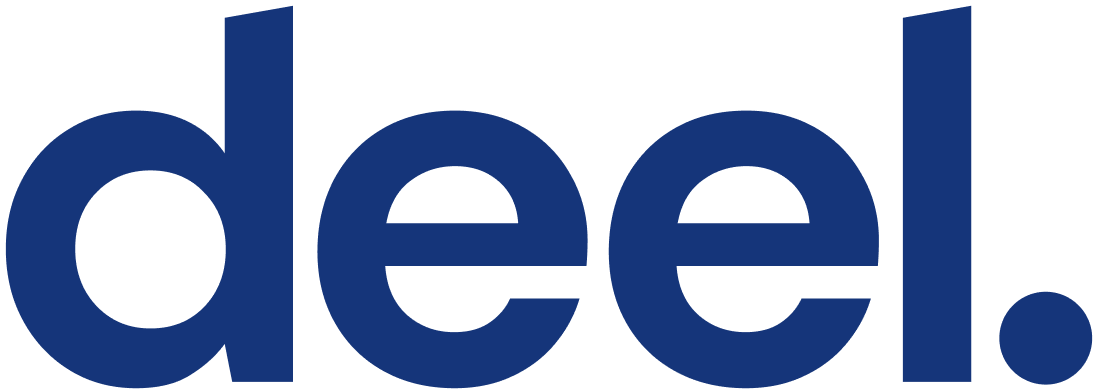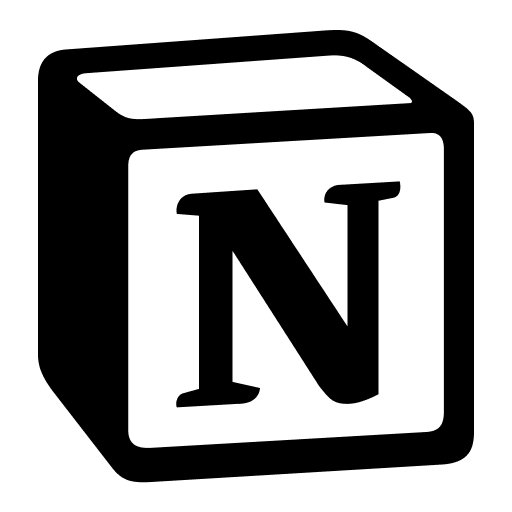Ashby x Metaview | How Recruiting Professionals Can Stay Ahead of the AI Curve
6 minute read
This article was written by Siadhal Magos, founder of metaview.ai in collaboration with Ashby.
It’s nearly impossible to summarize all the places we’re seeing AI in use in recruiting and where it might expand – but for now there’s two broad areas where I’m seeing impact already and expecting big changes in the near future.
Before I begin I want to emphasize that the judgment you make about candidates will continue to rely on your own ability to assess the information the AI puts at your fingertips. For recruiters, AI will take away everything that distracts you from the development of relationships with candidates. It means more time to have those in-depth conversations that enable you to understand this person better than the next company interviewing them. Those human-to-human conversations will still be a central part of recruiting.
I'm one of the co-founders at Metaview. Metaview is making manual notetaking a thing of the past to help make the interview process more efficient, engaging, and fair. I noticed that interview note-taking was a struggle when I was a hiring manager at Uber, and I knew that technology could improve that process. At Metaview, we use AI to make that happen. It’s more complex than simple transcription (which is, itself, a form of AI), as it produces relevant, accurate summaries that pull out the important information from an interview..
You can learn more at our website, where we also have excellent resources to help you discover more about how to use AI to run a high quality interview process.
Interviews and other summarization
The first area where we’re already seeing the impact of AI in recruiting is summarization. Condensing and making sense of lots of material is now a thing that people are leaning on AI a lot for. If you feed AI a ton of information, give it the appropriate prompt such that it knows what you're looking for and can sort through the information to find, then the current models are getting very good at returning just the stuff that you need in seconds. (This is, in fact, what Metaview is doing with our AI-generated interview summaries. Our AI summarizes all of the details of a conversation to make it super simple to find the important details you care most about.)
Six months ago, humans were much better at this than AI. But that’s changing rapidly. And an AI can manage a near-infinite amount of material at the same time at very low cost.
While ChatGPT and similar options can do this, you can use a specialty AI like Metaview with more success, because it’s been trained on the nuances of interviews. It has foundational information to help it do better and pick out the right things.
Low-lift creation
The other area where use of AI is expanding for recruiters is low-lift creation. You'll hear tons of recruiters talking about how they already use ChatGPT to help them create different subject lines for their emails, or to try out different ways of writing messages to candidates. You can also use these tools to improve job postings and advertisements, or to tell you the most important questions for interviewing for a particular role.
Right now, those are shortcuts. You’ll probably write something stronger if you spend more time working on a job description or set of interview questions with the hiring manager. But it’s helpful to avoid starting from a complete blank – it's step zero to understanding how to communicate about a role.
A couple of ways to get started using AI for low-lift creation:
Writing job descriptions We’re still not at a point that you can leave it all to the AI and assume it’s done a good job, but you can use ChatGPT to help you write a less-biased job description by getting you started with a first draft.
Creating new interview questions You can input a job description and information about what sort of skill and qualifications you’re looking for, and an AI can help you come up with good questions to ask your candidates in order to uncover that information.
Writing candidate communication Especially if you’re already batch-sending sourcing or follow-up messages, AI can assist you in creating new, more varied copy for these messages. It can get you out of a rut if you tend to write these messages in the same way.
When you’re new to AI, there’s a tendency to stop with the first response an AI gives you. Don’t! Be prepared to tweak it a bit. You can get a response back and ask the AI to adjust it, give it additional parameters to try and refine what you want.
How AI augments human decision making
AI has massive potential to augment human decision making, which will have a big impact in hiring. In many ways it already has. There’s a spectrum between the completely intuitive and human driven decision making, all the way through to the other end, which is a decision that no human understands or even touched. I don't think hiring is going to go anywhere near that extreme anytime soon. But along that spectrum are a lot of places where AI could assist.
In the next two years we’ll see much more of AI as an anomaly check. AI is already flagging situations where decisions seem like an anomaly.
For example, if I interview someone, and everyone on the team gives them a 4 in Ashby – a perfect interview score – and we all thought they were amazing, Metaview might then run an analysis of the interview process and realize this person didn't answer any of the questions that we said were the most important. That's going to affect the decision.
As a hiring manager, I now have two pieces of information. The first is that everyone that saw this candidate said yes, and the second is that no one who saw this candidate asked the questions they were supposed to. Pre-AI, I never could have known that second data point, and I would've just hired the candidate. Now I know that this candidate had a very different interview process, and therefore I should take a second look. I’ll still own the decision, but I'm making it as a much more informed person because AI has detected some insights for me that otherwise weren't possible.
The key word in all of that, and the thing that will most affect decision making, is detection. Right now, people are making hiring decisions with lots of insight and data going undetected because we don't have another way to collect it. AI makes us able to detect more and more information that humans miss, making us more informed and impacting the quality of decisions.
What AI can’t automate in the recruiting process
AI can’t automate relationships. The drivers of relationship-building, like empathy, can’t be falsified. Over time, AI may learn to intuit some of this, but that’s a long way off and it isn’t the same thing as real human connection. I don’t want to have a relationship with a robot, and neither do the majority of candidates.
While AI is changing how we do things, I predict that much of that will be creating space for humans to make better connections. The most successful recruiters will be the people who are the best at developing these relationships with candidates in a mutually beneficial way.
People can often think that applying AI to recruiting processes is taking some of the humanity away. I think a lot of the time you'll find it's the opposite. AI is better at doing some of the things that we as humans were never really meant to do anyway and enabling the things we’re naturally good at, like making connections with one another. Used properly, AI should help you make your hiring process more natural and human than ever.
Enjoyed this article? Check out metaview.ai and subscribe to Ashby's blog for more recruiting insights.



